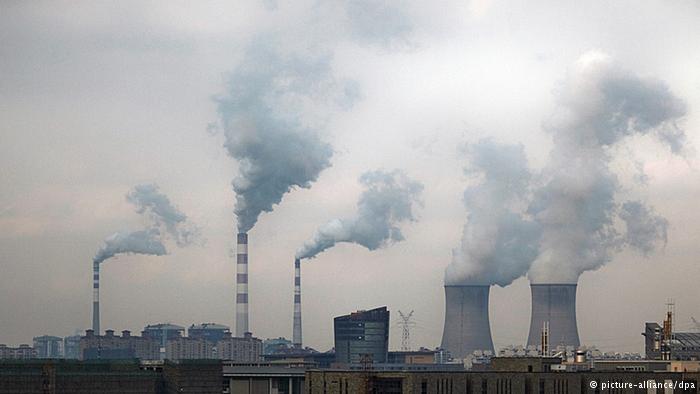The largest numbers of deaths took place in Southeast Asia and the Western Pacific regions, followed by sub-Saharan Africa, where around a quarter of deaths were likely caused by air pollution, chemicals, climate change and a lack of access to sanitation.
"By depleting the ecological infrastructure of our planet and increasing our pollution footprint, we incur an ever-growing cost in terms of human health and well-being," said UNEP Executive Director Achim Steiner. He added that humanity`s life support systems had been compromised by globalization and powerful economic interests.
The report was released during UN climate talks in the German city of Bonn which are drawing up rules pertaining to the Paris agreement, which seeks to lower carbon emissions.
The document suggested that several drivers were responsible for the threat to human health, including ecosystem disruption, climate change, inequality, unhealthy and wasteful lifestyles, along with unsustainable consumption and production.
Worsening effects
UNEP estimated that an extra 250,000 deaths could occur each year between 2030 and 2050 as a result of climate change, leading to malnutrition, malaria, diarrhea and heat stress.
Between them air pollution and a lack of access to clean water and sanitation cause almost 8 million premature deaths each year. Environmental impacts are responsible for the deaths of more than one quarter of all children under the age of five, the report states.
UNEP called for governments to act to remove harmful substances from working environments, reduce the use of carbon fuels and rely instead on renewable energy, and change lifestyles to allow a more sustainable use of the world`s resources. The report also called for a bigger investment to protect the planet`s natural ecosystem.
UNEP predicted a further increase in emerging zoonotic diseases (spread between animals and humans), and called on developing countries, in particular, to prioritize prevention methods.
"Never before have so many animals been kept by so many people - and never before have so many opportunities existed for pathogens to pass through the biophysical environment and wild animals to livestock and people," the report warned.
More about:
















































